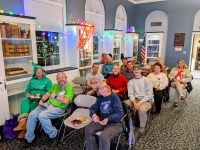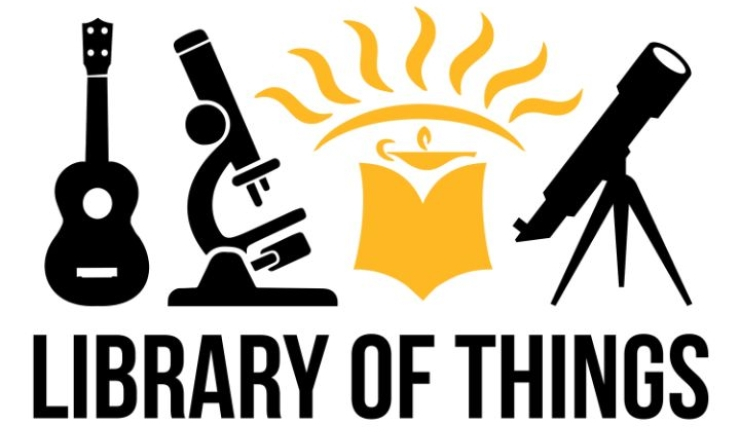Upcoming Events
Baby Storytime
Baby Storytime
Read, sing, and play alongside your little one as they develop early literacy skills in this interactive storytime, followed by open play and opportunities for parents and caregivers to chat!
For 6-month-olds through 23-months and their special adult. Stop at the desk and pick up your ticket before entering. Twenty available tickets per week: tickets may be picked up beginning 30 minutes before the start time.
Disclaimer(s)
Accompanying Adults
This program is designed for children and accompanying adults. Please plan to attend and be engaged with your child for this program. Drop offs will not be permitted.
Get Ready For Kindergarten
Preschoolers are invited to attend our Kindergarten Readiness program for 4 and 5-year-olds and their grownups! This fun and engaging storytime introduces skills that help prepare little learners for kindergarten.
Disclaimer(s)
Accompanying Adults
This program is designed for children and accompanying adults. Please plan to attend and be engaged with your child for this program. Drop offs will not be permitted.
Toddler Time
Toddler Time
Read, sing and play alongside your little one as they develop early literacy skills in this interactive storytime with themed crafts and activities designed to build fine motor and thinking skills. For ages 2-3; siblings welcome. Register your child's name online or by phone.
Disclaimer(s)
Accompanying Adults
This program is designed for children and accompanying adults. Please plan to attend and be engaged with your child for this program. Drop offs will not be permitted.
Tech Time
Tech Time
Join the Cromaine Adult Services Librarians for one-on-one help with your laptop, cell phone, or other electronic device in a stress-free, supportive environment. We aim to improve your confidence as we help you set up a new device, download e-books from the library, and learn basic skills. Register online or by phone.
Disclaimer(s)
Tech Time
Please note: We do not open devices, perform hardware fixes, fix cracked screens or non-operational devices, perform any kind of password or data recovery; we do not "hack" devices or systems. We do not promise successful results. IMPORTANT NOTE: By attending these meetings, you agree to hold the Library harmless for any and all damage done to your device. The library does not guarantee results and provides no warranty on services rendered.
Library News

Early Literacy Resources for Curious Minds
Kickstart your little learner's reading journey with a variety of resources and opportunities for growth at your Cromaine Library!

Ale Together Now: Christmas Ales, 2025!
Happy Holidays, friends! This month's Ale Together Now session focused on cozy Christmas ales and winter warmers.

Winter Reading Challenge: Adult Fiction Titles
Cozy up and explore new books during this year's Winter Reading Challenge!


























